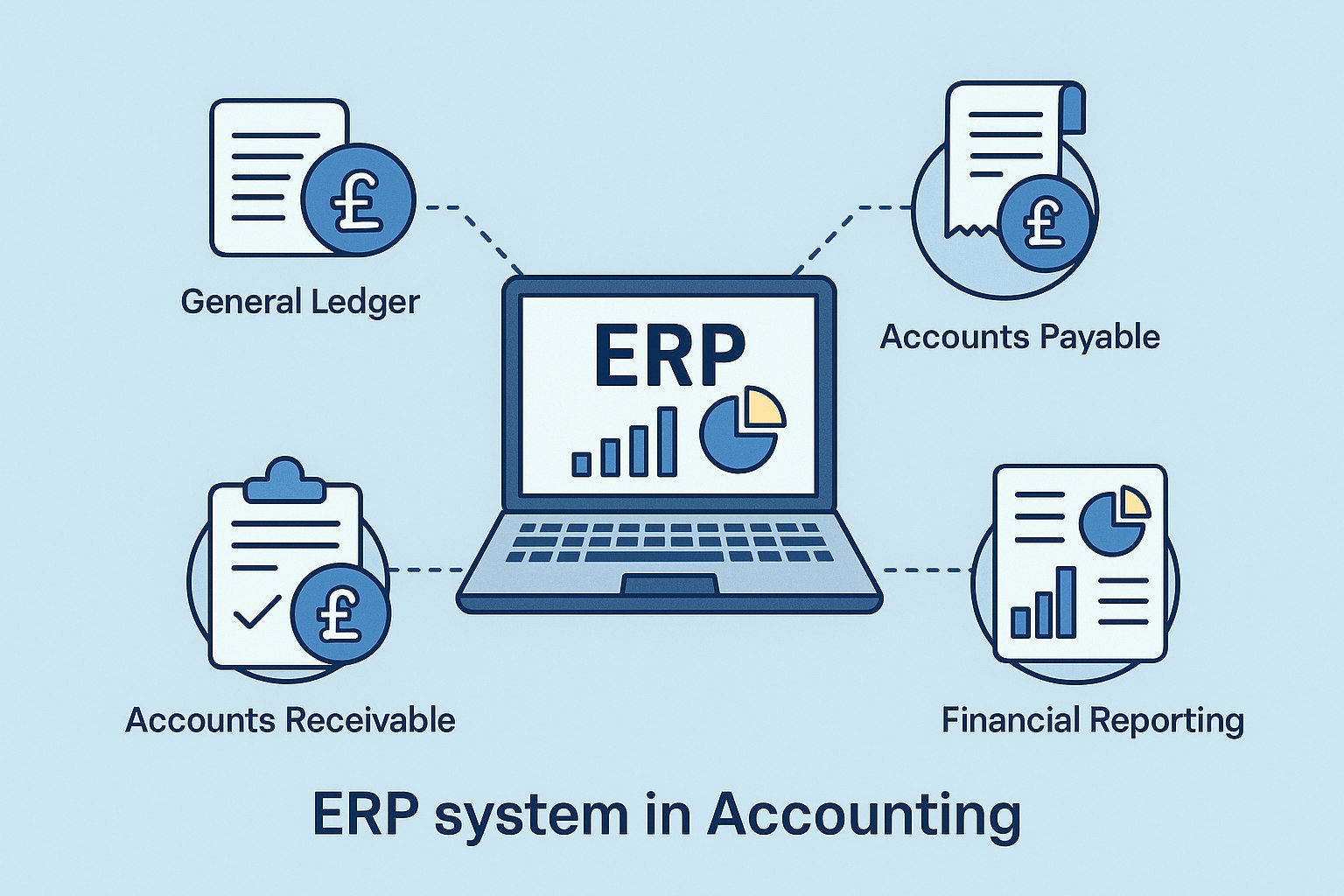Let’s keep it simple: if you’re an SME in the UK, you don’t need a thousand different apps. What you do need is a smart, secure, and scalable tech foundation—and there’s no better place to build it than within the Microsoft ecosystem.
This article walks you through the must-have Microsoft tools to keep your business productive, compliant, and ready for growth in 2025. No gimmicks, no jargon. Just what actually works.
1. Microsoft 365 – The Modern Business Workspace
At the heart of your tech stack should be Microsoft 365 (formerly Office 365). It’s more than Word and Excel—it’s the all-in-one platform that powers collaboration, communication, and everyday business operations.
What to use:
- Outlook & Exchange Online: Business-class email with built-in security.
- Word, Excel, PowerPoint (Web + Desktop): Always up to date and accessible anywhere.
- Microsoft Teams: Messaging, video calls, and file sharing—all in one place.
- OneDrive for Business: Cloud storage with seamless file backup and access across devices.
- Microsoft Planner or To Do: For task and project management across teams.
✅ Why it matters: You reduce the number of platforms you need, ensure secure collaboration, and get automatic updates across all devices.
2. SharePoint Online – Your Internal Digital Workplace
Think of SharePoint as your company’s intranet and document management hub. If your team still stores files locally or struggles to find the right version of a document, SharePoint fixes that.
What to use SharePoint for:
- Document libraries with version control and access permissions
- Departmental intranet pages (HR, Finance, Projects)
- Company news, announcements, and policy hubs
- Integration with Power Automate for approval workflows
✅ Why it matters: SharePoint replaces chaotic shared drives with organised, searchable workspaces that are easy to secure and scale.
3. Microsoft Teams – Your Communication and Collaboration Hub
Microsoft Teams isn’t just for meetings. It’s where your team can collaborate in real time on files, run daily stand-ups, manage projects, and even integrate third-party apps.
Essential features for SMEs:
- File co-authoring and inline editing
- Secure group chats and private channels
- Calendar integration with Outlook
- Seamless calling (with phone system add-ons, if needed)
✅ Why it matters: Teams helps break down silos, especially for remote or hybrid teams. No more buried email chains or lost updates.
4. Dynamics 365 Business Central – ERP Built for Growing SMEs
Forget spreadsheets and patchwork finance tools. Business Central is Microsoft’s end-to-end ERP system designed specifically for small to medium-sized businesses.
What you can manage with Business Central:
- Financials and general ledger
- Inventory and supply chain
- Sales and purchasing
- Project management
- VAT and Making Tax Digital (MTD) compliance
- Integrates seamlessly with Microsoft 365 tools
✅ Why it matters: Business Central eliminates siloed systems. You get real-time data across finance, operations, and inventory—perfect for growth, scalability, and better decision-making.
5. Microsoft Power Platform – Low-Code Automation and Reporting
This is your business’s secret weapon: automate repetitive tasks, streamline approvals, and build custom apps—all without needing a developer.
Tools to use:
- Power Automate: Automate invoice approvals, alerts, and data flows between apps.
- Power BI: Interactive reports and dashboards built from your ERP and Microsoft 365 data.
- Power Apps: Build internal apps like holiday booking, expenses, or field data capture tools.
✅ Why it matters: It saves time, reduces admin errors, and gives your teams self-service power to build the tools they need.
6. Azure – Cloud Infrastructure for SMEs
You don’t need a full IT department or on-prem servers anymore. With Azure, SMEs can run virtual machines, host apps, and back up data securely in the cloud.
Key Azure services for SMEs:
- Azure Active Directory for identity and access management
- Azure Backup & Site Recovery for business continuity
- Virtual desktops (Windows 365) for secure remote working
- Azure Blob Storage for large-scale, secure data archiving
✅ Why it matters: Azure offers enterprise-grade infrastructure without enterprise prices. You only pay for what you use—and it scales with you.
7. Security & Compliance Tools – Baked into Microsoft 365
With cyberattacks on the rise, SMEs must prioritise security—even without a full-time IT team. Luckily, Microsoft includes enterprise-grade protection by default.
Key features to enable:
- Multi-Factor Authentication (MFA)
- Microsoft Defender for Endpoint and Office 365
- Conditional Access policies
- Data Loss Prevention (DLP) for email and file sharing
- Encryption for files and messages
✅ Why it matters: Microsoft helps you stay compliant with GDPR, ISO standards, and industry-specific security regulations—without bolt-on tools.
8. Backup & Disaster Recovery – Powered by Microsoft and Partners
Even with cloud-first tools, backups are essential. You should be using Microsoft 365 backup solutions (e.g. via Azure or third-party integrated providers like Veeam) and have clear recovery plans in place.
What to prioritise:
- Daily backup of Microsoft 365 data (including emails and Teams chats)
- Business continuity plans for power outages, cyberattacks, or human error
- Regular restore tests to verify data integrity
✅ Why it matters: Accidental deletions, ransomware, and outages happen. You want to recover fast—and keep working.
Final Thoughts: The Stack That Works Together
The beauty of the Microsoft ecosystem is how everything connects. From your inbox to your accounting, project management to cyber security, Microsoft provides one platform that works together—reducing complexity, increasing security, and saving time.
By focusing your tech stack around Microsoft 365, SharePoint, Teams, Dynamics 365 Business Central, the Power Platform, and Azure, your SME is future-proofed for 2025 and beyond.
Need help getting started?
NetMonkeys can guide you through licensing, onboarding, and tailoring your Microsoft environment to match your business goals. From SharePoint site builds to Business Central implementation—we've got the monkeys for the job.
Related posts
Visit blog
Business Central Accounting Software Explained: A Complete ERP Accounting Guide for Modern Finance Teams
This guide explores the key features, benefits, and reasons why Business Central accounting software stands out as the preferred ERP choice for small to medium-sized enterprises (SMEs) and growing finance teams.

Choosing the Right Power BI Consultancy in London: Expert Guide
This guide will help you understand what to look for when choosing a Power BI consultancy, the benefits of working with London Power BI Experts, and why partnering with the right London Business Intelligence Consultants is important

How Much Does IT Support Cost for a Small Business? A Complete Guide
IT support encompasses a range of services designed to maintain and optimise technology infrastructure. For small businesses, this can include network management, hardware and software troubleshooting, cybersecurity, cloud services, data backup, and user assistance
